Questions around surveillance and control circle around the photography at FORMAT Festival, now on show in Derby
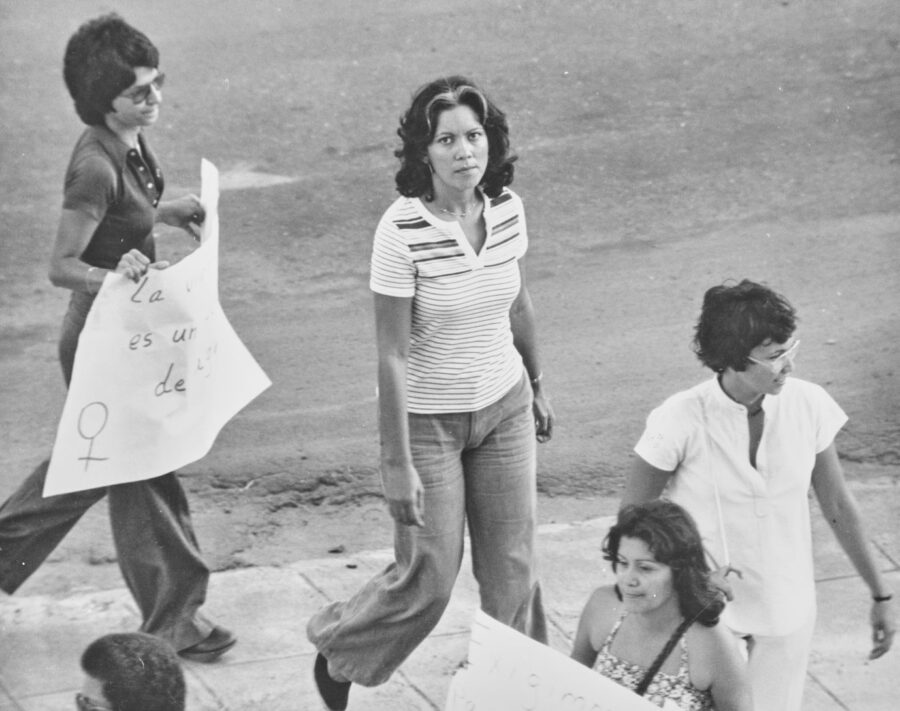

Questions around surveillance and control circle around the photography at FORMAT Festival, now on show in Derby
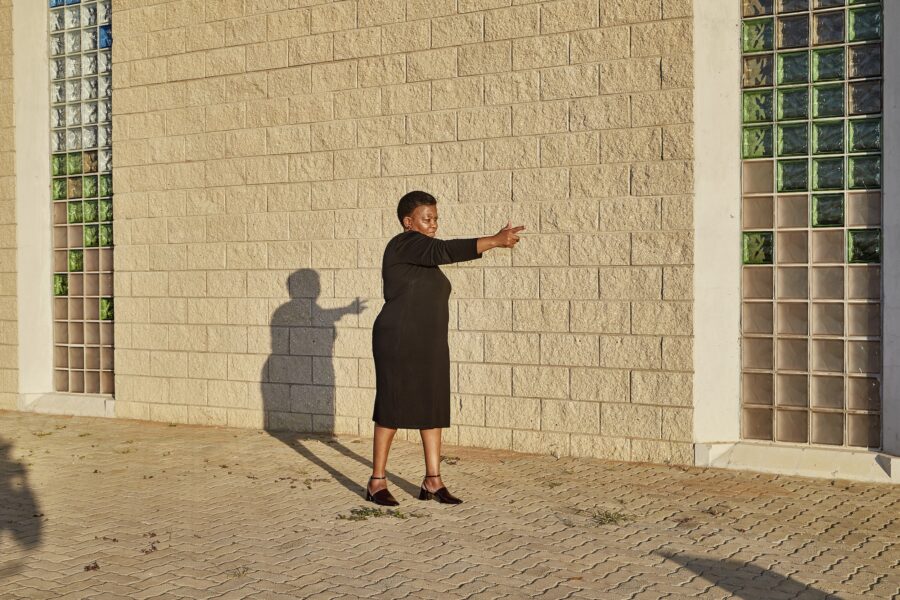
A rich family history of political struggle and personal responsibility, diverging paths and roads left untrod inform Thero Makepe’s We Didn’t Choose to be Born Here
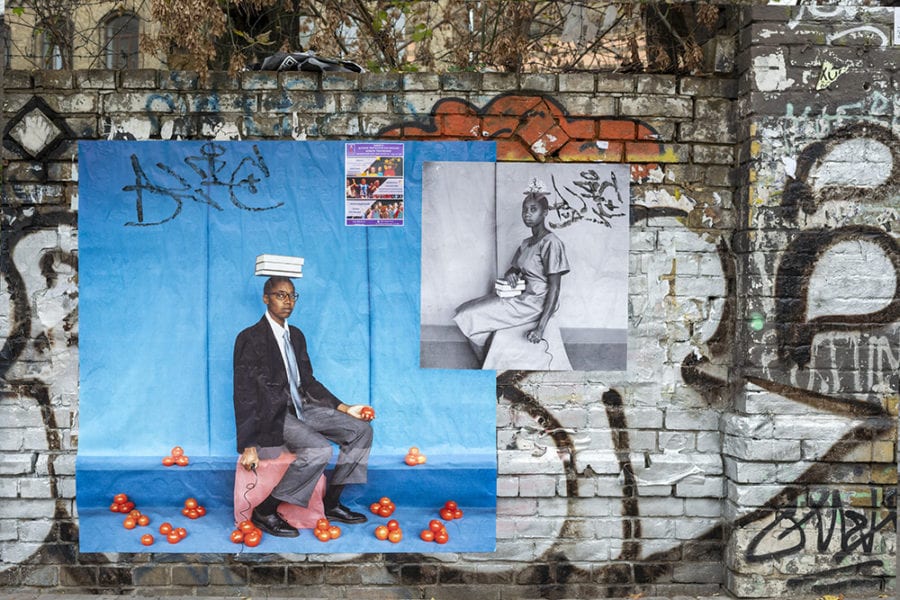
As photography festivals innovate and restructure, questions surrounding the purpose and functionality of the gallery have been raised.
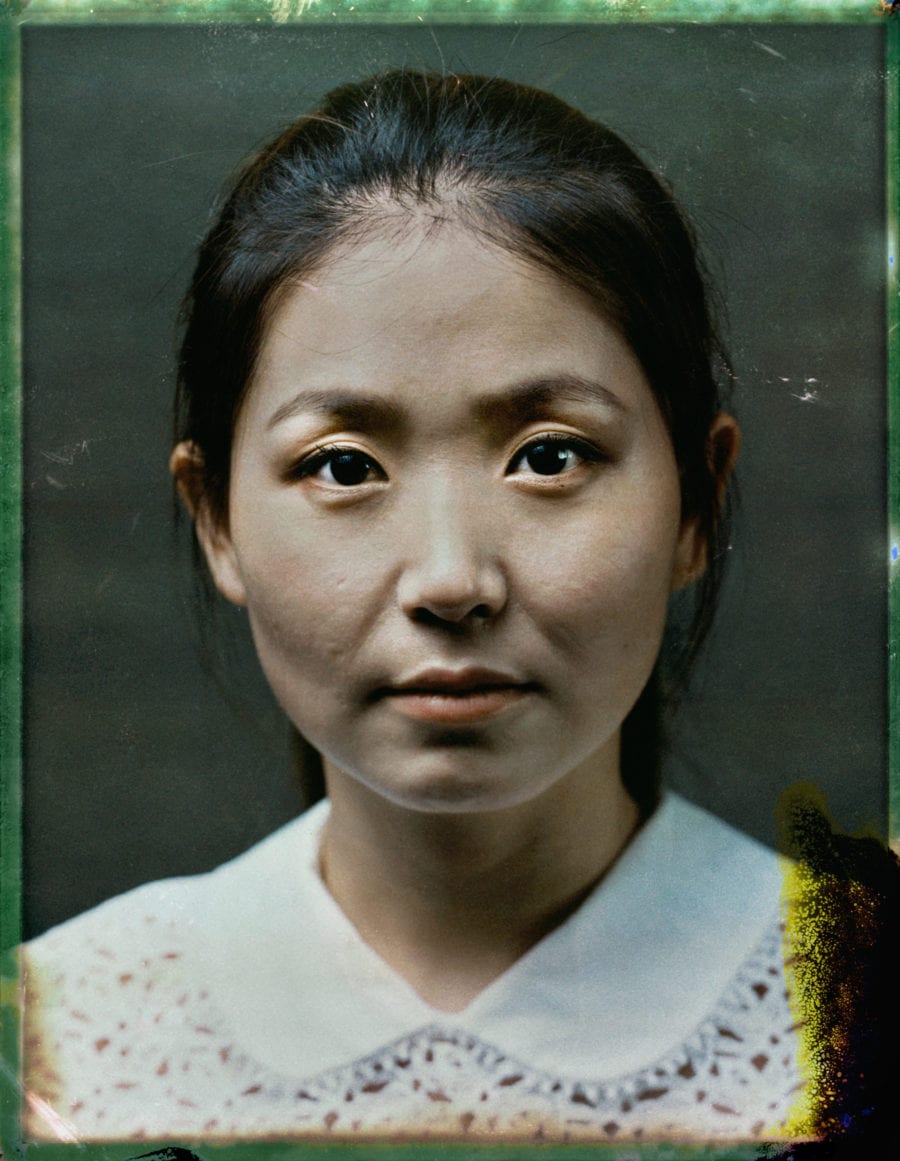
The French-Polish photographer sheds light on the experience of 15 individuals who took a leap of faith and fled the dictatorship, in search of a better life in South Korean
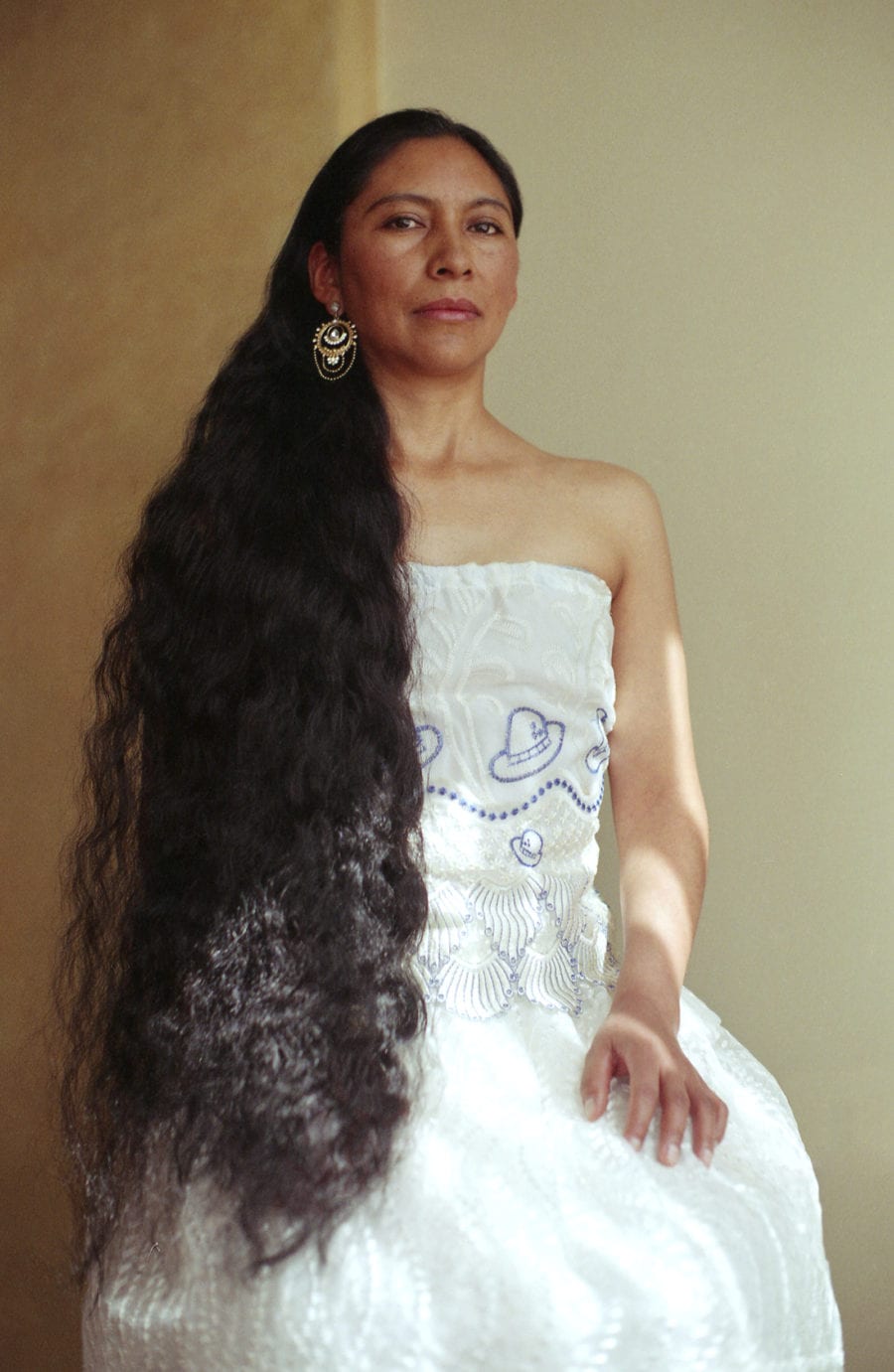
Reappropriating Catholic imagery, Mendez highlights the impact of the colonial history in the ongoing sidelining of indigenous women in her home country
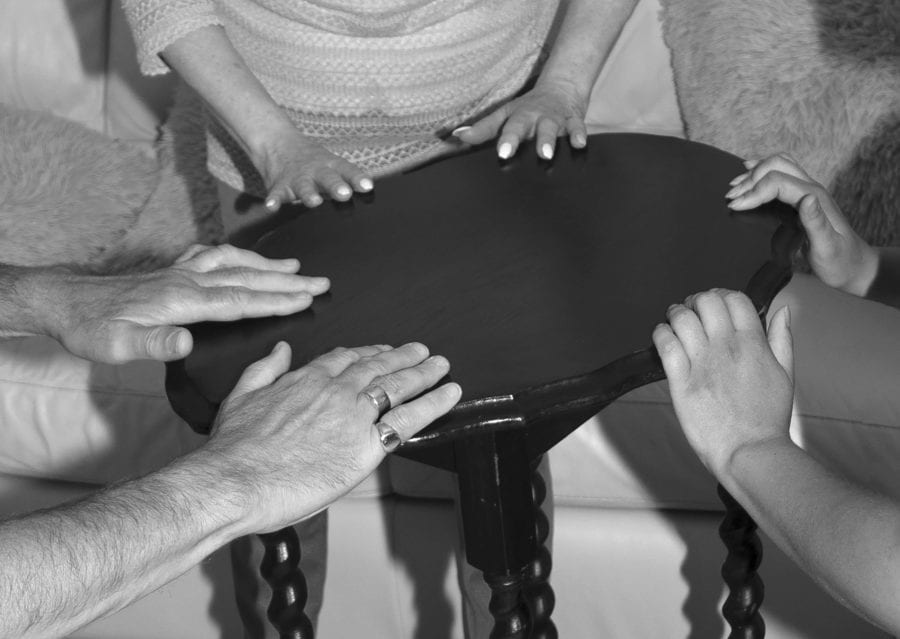
Using her camera, the photographer interprets the intangible into imagery to attempt to gain a better understanding and connection to a family member she never knew.
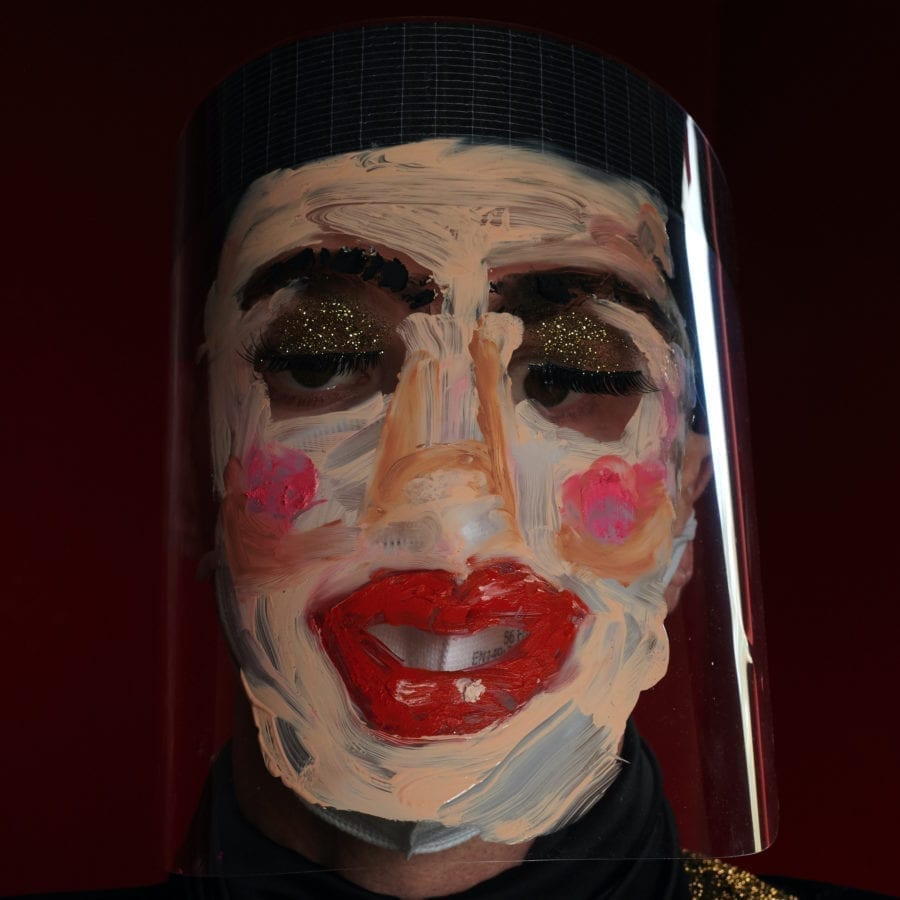
Moreno’s Latest work draws on glamour, Freud, gender and performance as they navigate an isolated lockdown.
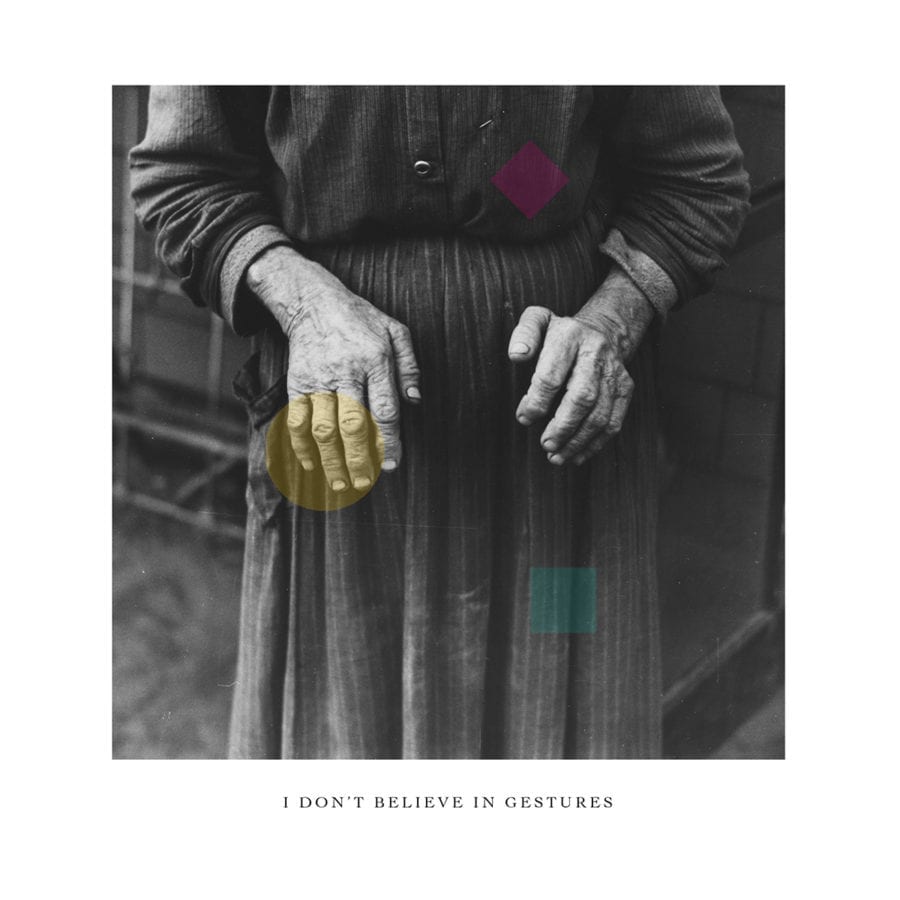
With nearly 300 images and still going, Mountain of Salt chronicles the sentiment of the unprecedented events of last year.
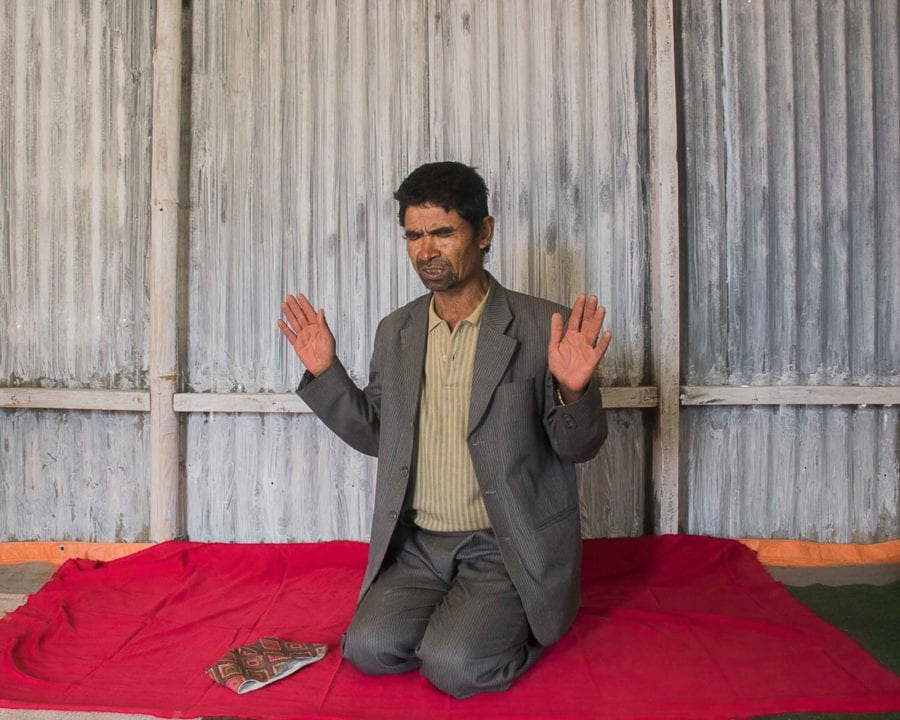
Travelling to the Nepalese Himalayas, Singh tells a story of faith, caste-based discrimination, and the search for new life